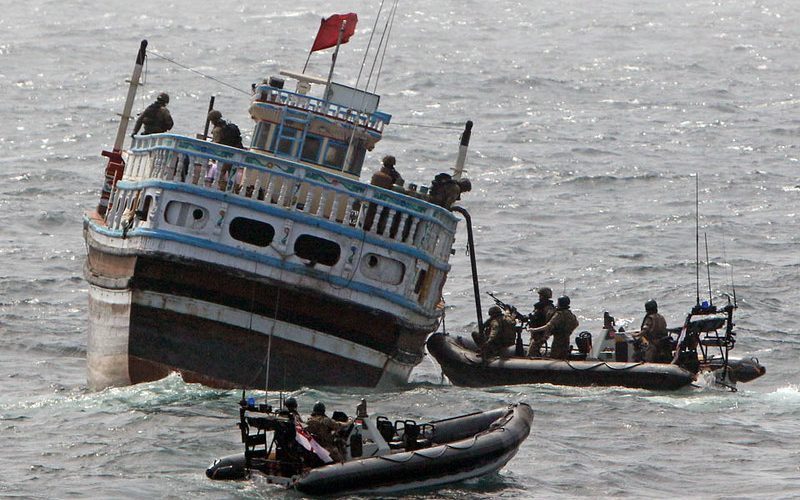
The Iran-Saudi Arabia Truce – A Guide For The Future Pakistani-Afghan Relationship
The power dynamics in the Middle East are evolving and a Saudi Arabia-Iran truce gives a glimpse of the bolstering ties between the Gulf states and China. The Saudi Arabia-Iran deal brokered by China is a success for China, Iran, and Saudi Arabia and a win for the region as a whole. Could it work as a blueprint for Pakistan and Afghanistan?

Is it possible to prevent piracy in the 21st century?
Maritime piracy is a challenge in the 21st century because of how it affects international trade. The rise of globalisation, described as the growing interconnectedness between states, highlights the growing dependence on maritime trading routes which is vital to the economic development of many coastal states. The Gulf of Guinea, where Nigeria is located, possesses a high number of natural oil resources which have been put at risk due to the rise in oil theft. As Nigeria has no narrow straights to restrict shipping, it is more susceptible to violent pirate attacks than other areas in the region. The launch of the Deep Blue Project was pivotal in the Nigerian maritime domain and could serve as a blueprint for preventing piracy in other regions.

The Cost of Fast Fashion
Fast fashion has become a bane to the fashion industry, society, and the environment. While fast fashion opens doors for ordinary individuals to partake in and enjoy fashion, it comes at the expense of exploited garment workers, the plagiarism of artistic work of fashion designers, and most inimically, inhibits any climate protection activism and progress.

